
The Development of Philippine Education: Challenges and Achievements
Historical Context of Philippine Education Pre-Colonial EraThe Philippines’ educational journey began long before the arrival of Western colonizers. In pre-colonial times, education was informal and focused on practical skills necessary for daily life. Parents and tribal elders were the primary educators, passing down traditions, values, and survival skills to younger generations. This system, while not […]
Read More
Filipino Music: From Kundiman to Modern Pop
Filipino music has a rich and diverse history that spans centuries, reflecting the country’s complex cultural tapestry. Pre-colonial era music was deeply rooted in indigenous traditions, with each ethnic group developing its own unique musical styles and instruments. These early forms of music were often tied to rituals, celebrations, and daily life activities. The use […]
Read More
The Hukbalahap Rebellion: Post-War Struggle for Land Reform
The roots of the Hukbalahap Rebellion can be traced back to the agrarian unrest that plagued the Philippines in the pre-World War II era. The Philippine countryside, particularly in Central Luzon, was characterized by a feudal-like system where a small number of wealthy landowners controlled vast tracts of land. This system, known as hacienda, left […]
Read More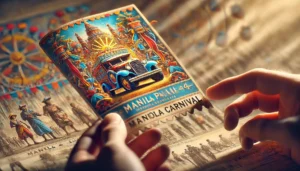
The Manila Carnival: A Showcase of Colonial Culture
The Manila Carnival, a grand annual festival held in the Philippines during the American colonial period, stands as a testament to the complex cultural interplay between the colonizer and the colonized. Inception and Inspiration The carnival’s roots can be traced back to 1908 when William Cameron Forbes, the American Governor-General of the Philippines, sought to […]
Read More
The Rise of Christianity: Conversion and Cultural Impact
Christianity, one of the world’s largest religions, traces its roots to the life and teachings of Jesus Christ in the 1st century CE. Born in Bethlehem and raised in Nazareth, Jesus began his ministry around the age of 30, preaching a message of love, forgiveness, and salvation. His followers believed him to be the long-awaited […]
Read More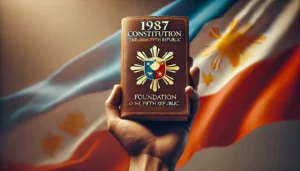
The 1987 Constitution: The Foundation of the Fifth Republic
The 1987 Constitution of the Philippines, also known as the “Freedom Constitution,” emerged from a turbulent period in Philippine history. It was drafted and ratified following the People Power Revolution of 1986, which ousted Ferdinand Marcos and ended his two-decade rule. This historic document laid the groundwork for the Fifth Republic of the Philippines, marking […]
Read More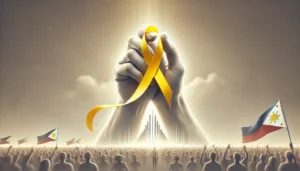
The EDSA People Power Revolution: A Triumph of Nonviolent Resistance
The EDSA People Power Revolution, a pivotal moment in Philippine history, cannot be fully understood without examining the political landscape that preceded it. The era of Ferdinand Marcos, which began with his election as president in 1965, set the stage for one of the most significant nonviolent revolutions of the 20th century. Marcos’ Rise to […]
Read More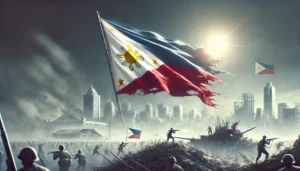
The Liberation of Manila: A Costly Victory
The city of Manila, the capital of the Philippines, fell to Japanese forces on January 2, 1942, during the early stages of World War II in the Pacific. For three years, the once-vibrant “Pearl of the Orient” endured a harsh occupation that dramatically altered the lives of its residents. The Japanese military government imposed strict […]
Read More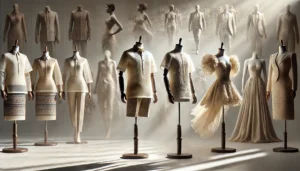
The History of Philippine Fashion: From Traditional to Modern
The story of Philippine fashion begins long before the arrival of foreign influences. In the pre-colonial era, indigenous Filipino clothing was characterized by its simplicity, functionality, and adaptation to the tropical climate. Traditional Garments The basic attire for men consisted of the bahag, a loincloth made from woven bark cloth or cotton. Women typically wore […]
Read More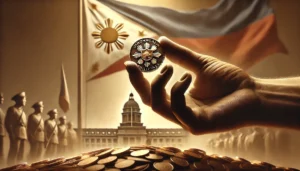
The Commonwealth Era: A Period of Transition
The Commonwealth Era in Philippine history marks a significant period of transition, bridging the gap between American colonial rule and full independence. This era, spanning from 1935 to 1946, was characterized by profound changes in governance, society, and the national identity of the Philippines. The Tydings-McDuffie Act The foundation for the Commonwealth period was laid […]
Read More